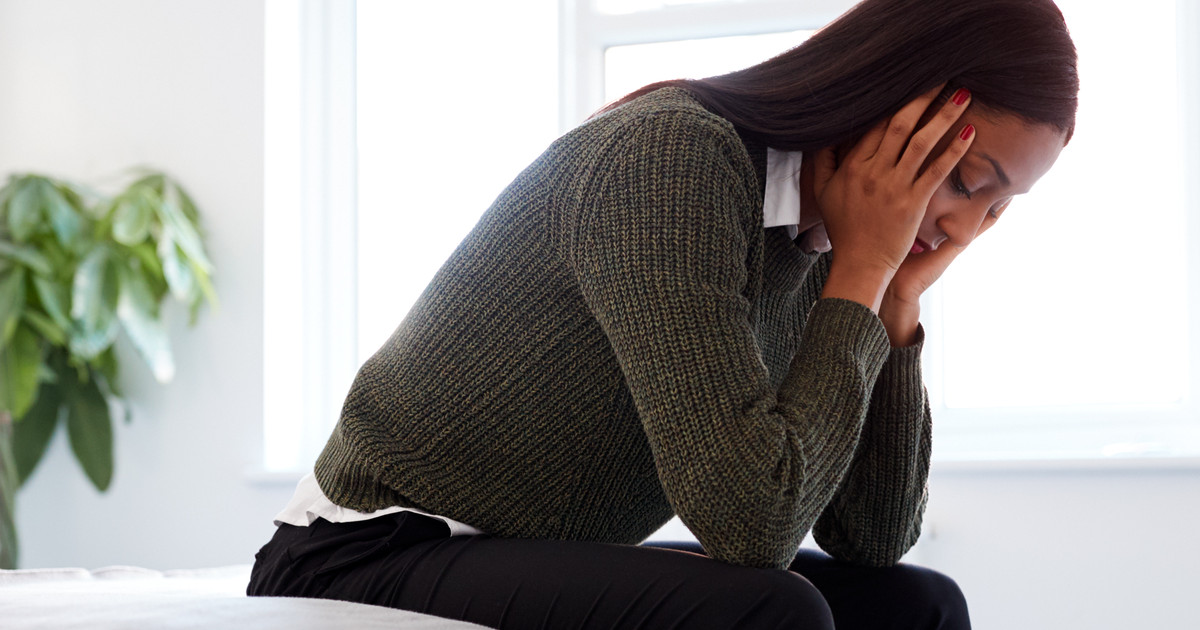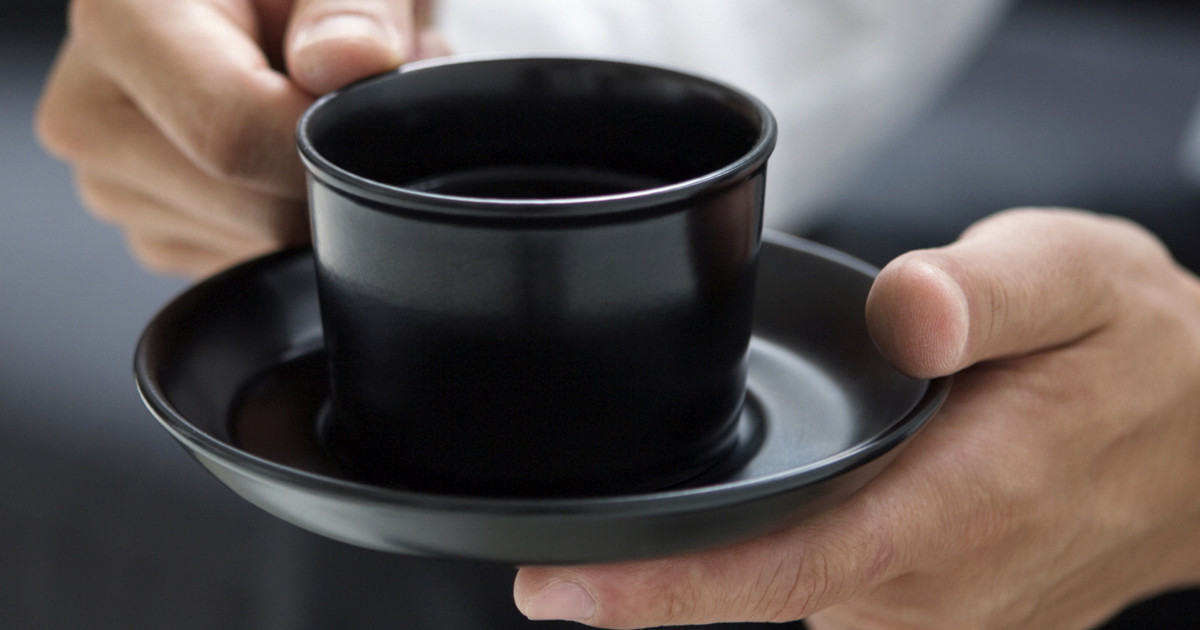How To Lower Resting Heart Rate
Reduce Stress

An individual should take their resting heart rate when they are at rest, which is typically after they wake up. However, if they are dealing with a significant amount of stress and anxiety, it can have an ongoing effect on their heart rate. It can even be one that they see before their day has fully begun. Therefore, individuals should reduce the stress in their life however they can. For example, if individuals feel that they have too much to do and do not have enough hours in a day, they can investigate whether or not they can delegate tasks. It may also help to ask for an extension at work or school where possible.
If managing the household is hard, individuals may want to try setting more realistic expectations for their chores. Of course, individuals should make sure that they are making time for their hobbies and passions, as these are natural stress relievers. Many individuals also benefit from adding fifteen to thirty minutes of yoga or meditation to their daily routine. A mindfulness meditation before work can help an individual get in touch with their body, relieve stress, and prepare to face the day ahead.
Drink Less Caffeine

Caffeine is a stimulant, which means that it affects heart rate. Unfortunately, drinking a significant amount of caffeine impacts an individual's resting heart rate, even if they measure it shortly after they wake up in the morning. Cutting back on caffeine can be helpful for an individual's sleep quality as well, which also affects their heart rate. The effects of caffeine on an individual's heart health will vary from person to person. They also depend on how much caffeine an individual consumes, how many times per day they consume it, and how much they weigh. Some individuals, for instance, are simply more sensitive to caffeine than others.
If an individual cannot cut caffeine out of their diet entirely, they should make sure to limit their consumption of it in the afternoons and evenings. Though caffeine begins working quickly, it can take hours to exit an individual's system. As a result, individuals may feel tired, but the caffeine may also keep them from falling asleep when they go to bed. Limiting caffeine intake after 2 PM is a good method of sleep hygiene.
